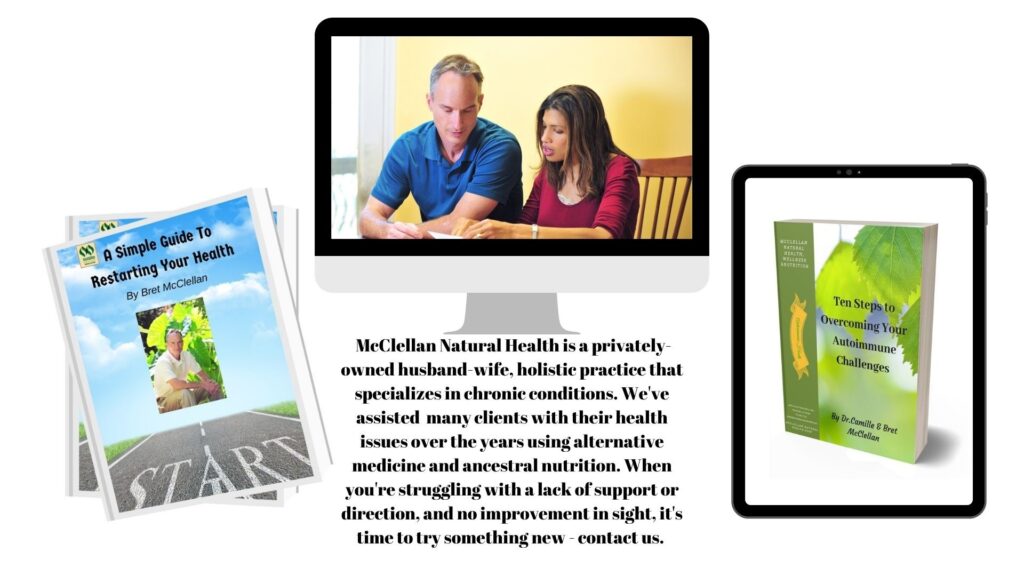If you’re struggling with a thyroid condition, you might already be aware of the importance of having the right diet. Though diet alone can’t help to treat the problem, but it can significantly improve your thyroid function and relieve the symptoms. In addition to taking your replacement hormone medication to restore thyroid level, here’s how clean eating can help to counteract the problem:
1. Eat a variety of Top Foods for Your Thyroid
Let’s face it, living with a thyroid condition isn’t easy, and the type of food you eat can further add up to the frustration. Certain nutrients in your diet can influence the performance of your thyroid gland and interfere with your thyroid treatment by inhibiting the absorption of the medication. Choose thyroid-friendly foods rich in the following:
-
Iodine: eggs, fish, dairy, and seaweed.
-
Iron: Organ meat (liver, giblets, etc.), red meat, poultry, seafood, whole grains.
-
Selenium: Seafood, sardines, Brazil nuts, eggs, chicken, and legumes.
-
Zinc: Shellfish, chicken, whole grains, dairy, and red meat.
-
Vitamin D: Dairy, fatty fish, cheese, egg yolk, and berries.
-
Vitamin B12: Dairy, eggs, meat, fish, and chicken.
These nutrients can assist with the synthesis of thyroid hormone and also the outcome of your thyroid hormone treatment.
2. Stop with Dabbling into other Diet or a “YoYo Diet”
In today’s age of social media, it’s inexorable to feel tempted by a myriad of trending diet plans appearing left and right on your social media feed. From gluten-free and ketogenic to paleo and whole 360, there is a diet aimed at facilitating people striving to eliminate certain groups of foods or nutrients from their diet. But most of these popular diets lack any scientific evidence of helping with thyroid conditions.
While smart eating is a crucial part of managing thyroid-related conditions, it’s equally imperative to stay away from anything you’re not sure about. Therefore, it’s advised to resist the enticement of following a headlining diet plan and focus on a well-rounded and balanced diet that ensures a healthy thyroid.
3. Avoid Foods that Contain Goitrogenic Properties
Foods containing goitrogenic components can prevent your thyroid gland from functioning properly and cause its enlargement. These foods are considered to be irritants, particularly harmful for people with iodine deficiency or those consuming higher levels of goitrogens in their daily diet. Limiting such foods can help with restoring the normal thyroid level. Some of the goitrogenic foods to avoid include:
-
Soy: Soy milk, tofu, edamame, temp eh, etc.
-
Calciferous Vegetables: Broccoli, Brussels sprouts, cabbage, spinach, cauliflower, kale,
-
Gluten-rich foods: Sweet potatoes, cassava, cereals, pasta, bread, beer, etc.
-
Fruits: Peaches, strawberries, pears, etc.
-
Nuts: Peanuts, pine nuts, etc.
-
Millet: All varieties.
-
Beverages: Alcohol, coffee, and green tea.
Though one should try to avoid eating these foods in larger quantities, it’s fine to eat them in moderation when cooked properly.
4. Stick to an Autoimmune Protocol to Eliminate Inflammation
It’s a no brainier to cut back on the food items that may end up causing dietary stress in your immune system, making your condition even worse. There are certain toxins found in pesticides, antibiotics, and hormones used in producing food that can trigger an autoimmune response, causing an allergic reaction, inflammation, or sensitivity.
Foods high in selenium can shield against oxidative stress and prevent inflammation that can aggravate your endocrine system. Avoid fast food, processed food, salty foods, desserts, ice-cream, alcohol, and other processed beverages.
Final Word
There’s no denying in the fact that it can be challenging to control and manage health problems caused by thyroid fluctuation. But the right dietary components, along with medication, can help to provide some relief and speed up your recovery process. By making some strategic changes to your daily eating habits, you can make sure your thyroid condition doesn’t stop you from living your best.
Camille McClellan, MD, DNM, MBS
Naturopathic practitioner
McClellan Natural Health, Wellness & Nutrition
Free Naturopathic/Homeopathic Consults Available

